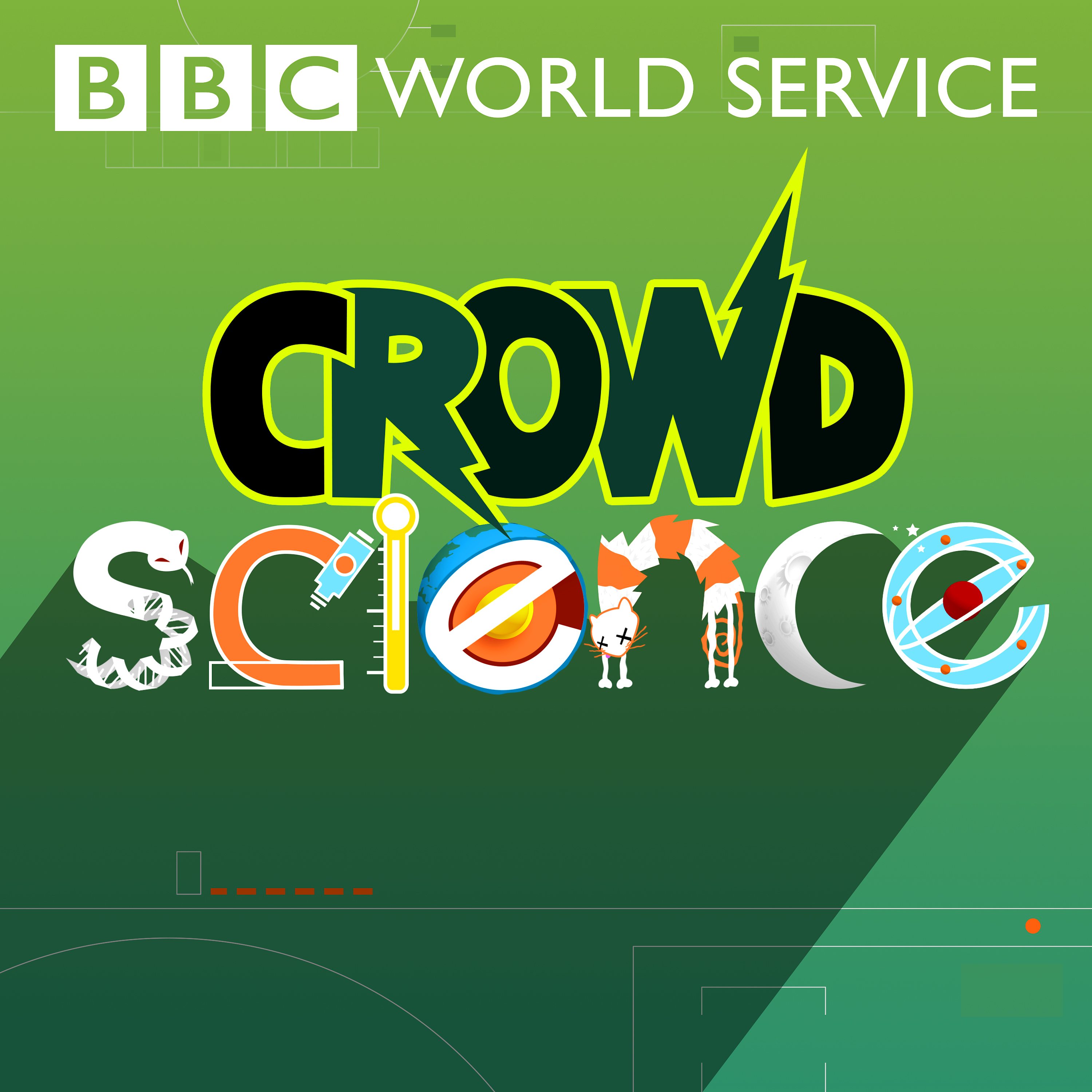Are seeds alive?
Description
Seeds are crucial to human existence – we eat them, we grow them and then we eat what they become. But what is a seed and how come it can sit there doing nothing for ages and then suddenly, when the conditions are right, burst into a plant?
That’s what CrowdScience listener Anke has been wondering. She runs an aquaponic salad farm near Stockholm in Sweden and she germinates thousands of seeds every week. With a bit of moisture and light, seeds that have been dormant for months can become leafy greens in just a few weeks. So are seeds alive, are they on some kind of life support, or is something else going on?
Presenter Caroline Steel sets off to Sweden to meet Anke, before heading for the Nordgen seed bank near Malmö. There she discovers how seeds being stored for future generations are tested for viability, and wonders what’s going on inside a seed that allows it to remain asleep before suddenly coming to life. How does a seed decide that the time is right?
We hear about one of the world’s longest running science experiments - a real-life treasure hunt that takes place every twenty years in Michigan, USA. Plant biologists tramp through the snow looking for bottles of seeds that were buried nearly a century and a half ago. Once found they try to germinate them. What superpowers does a seed need to be able to last that long?
Caroline also meets the woman who tried to grow date seeds that had been discarded at the palace of Herod the Great 2000 years ago, and ended up with previously extinct trees that produce delicious fruit. Surely a seed can’t have been alive for that long. Or can it?
Contributors:
Anke Johanna van Lenteren, Johannas Stadsodlingar, Sweden
Johan Axelsson, Nordic Genetic Resource Center, Sweden
Prof George Bassel, University of Warwick, UK
Dr Grace Fleming, Michigan State University, USA
Dr Sarah Sallon, Hadassah Medical Center, Israel
Presenter: Caroline Steel
Producer: Ben Motley
Editor: Richard Collings
Production Coordinator: Jonathan Harris
(Photo: Hands holding spinach seeds. Credit: Vince Streano / Getty Images)
More Episodes
When CrowdScience listener Israel from Papua New Guinea received a bad grade on a maths test in third grade, he looked around the class and realised that almost all the other students had received a better result. Since then, he has always wondered: why are some people better at maths than...
Published 05/03/24
Published 04/26/24
Coastlines around the world are changing, causing serious problems for the many communities living near the sea, as well as vital and fragile coastal ecosystems.
In the second of a two-part special on coastal erosion, CrowdScience explores the best ways to tackle this problem. Presenter Caroline...
Published 04/26/24


